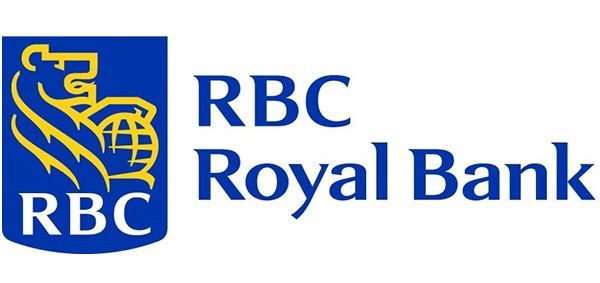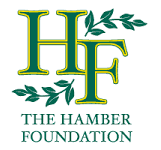2SLGBTQIA+ Cultural Professionals Network
Connect with arts, culture, and heritage 2SLGBTQIA+ professionals, students, and volunteers from across British Columbia.
This network is supported in part by the RBC Foundation through RBC Future Launch and the Hamber Foundation.
About the Network
Building on the success of the BCMA’s Gender & Sexuality Inclusion Toolkit and responding to community needs, the 2SLGBTQIA+ Network aims to provide a safer, accountable space where 2SLGBTQIA+ students, volunteers, and professionals in the arts and culture sector can connect. The Network will provide targeted support for members of the queer community, and offer some resources for allies who would like to improve their individual and organizational practices.
Upcoming Events
2SLGBTQIA+ Network Event: Joint Tea & Talk
Monday, November 18 2024
12:00 PM PDT
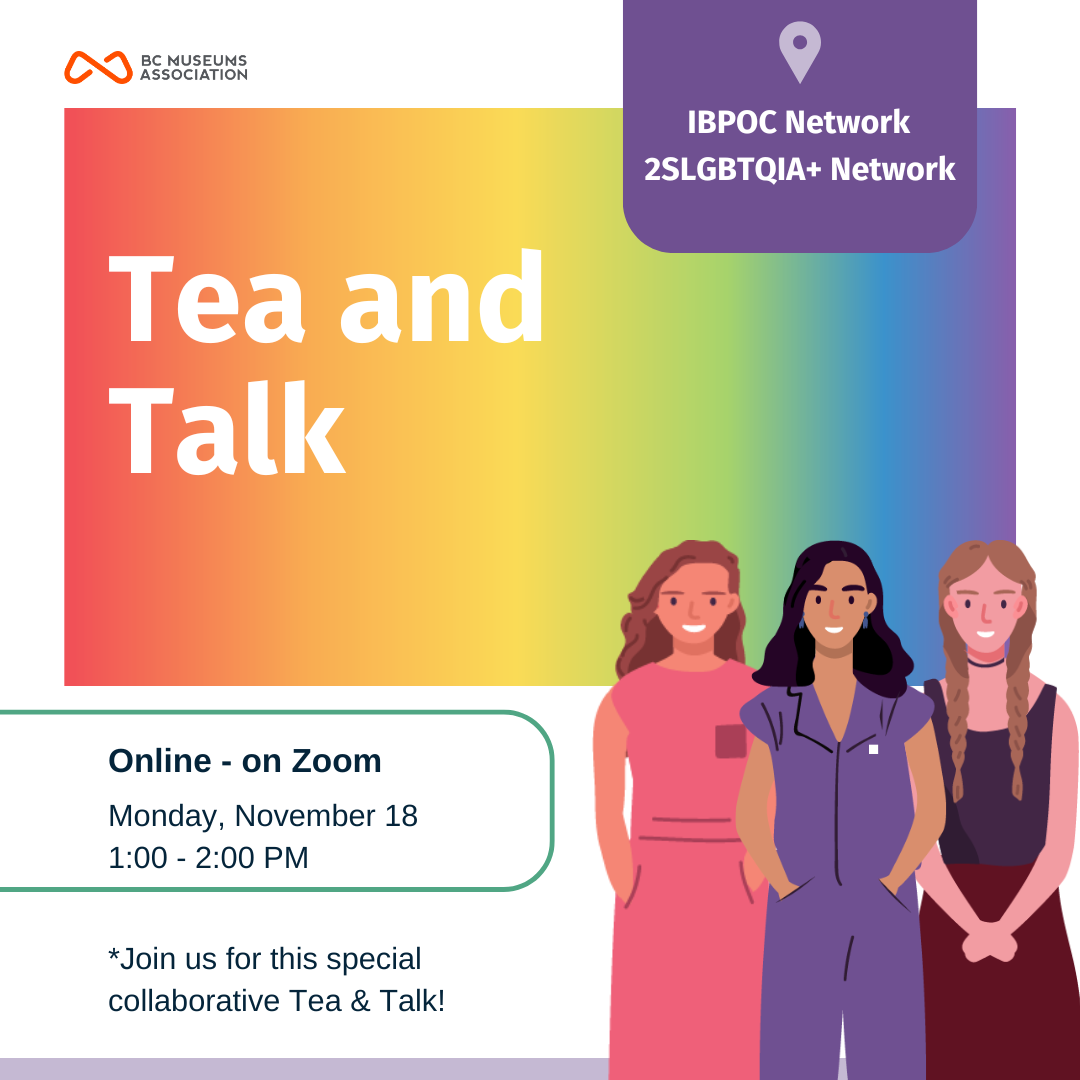
Feedback Survey
We’d love to get some feedback to improve and make sure you’re getting what you want from this resource. This short survey should only take you a few minutes. Thanks in advance for answering, and we look forward to you joining us again at future Network sessions!
Note: the information gathered here is anonymous will be used for BCMA services initiatives only. We will not ask for private information or share any of your answers outside our organization.
Community Guidelines & Code of Conduct
The 2SLGBTQIA+ Network aims to provide a safer, accountable space where 2SLGBTQIA+ students, volunteers, and professionals in the arts and culture sector can connect. We are so thrilled to begin co-creating this space, and in order for us to move forward together in a good way, our 2SLGBTQIA+ Advisory Group has developed some community guidelines that we ask participants to read and adhere to while taking part in the Network’s programming.
The BCMA 2SLGBTQIA+ Network aims to be a protective, accountable space for all our members. The values that we aim to collectively uphold in this space include: Accountability, Compassion, Honesty, Accessibility, & Collaboration.
Some Network events will be open for anyone to attend, and some will be affinity spaces specifically for self-identified 2SLGBTQIA+ individuals. If an event is specified as an affinity space, we kindly ask that allies step out.
From any of our attendees, we will not tolerate:
- yelling, swearing, name calling, or otherwise violent language
- using language intended to intimidate, shame, or gain power over another person;
- discrimination of any kind including but not limited to: ableism, racism, transphobia, homophobia, xenophobia, islamophobia, anti-semitism, ageism, sexism.
At Network events, if you witness or experience harm, please refer to our incident reporting policy.
We ask that folks read our anti-harassment policy, and our tips on allyship & de-escalation.
Network coordinators aim to support all attendees, resolve misunderstandings, and prioritise transformational justice where possible but reserve the right to remove participants from the event for non-compliance of this code.
If you have any questions, concerns, or comments, please contact community@museum.bc.ca.
BCMA Resources
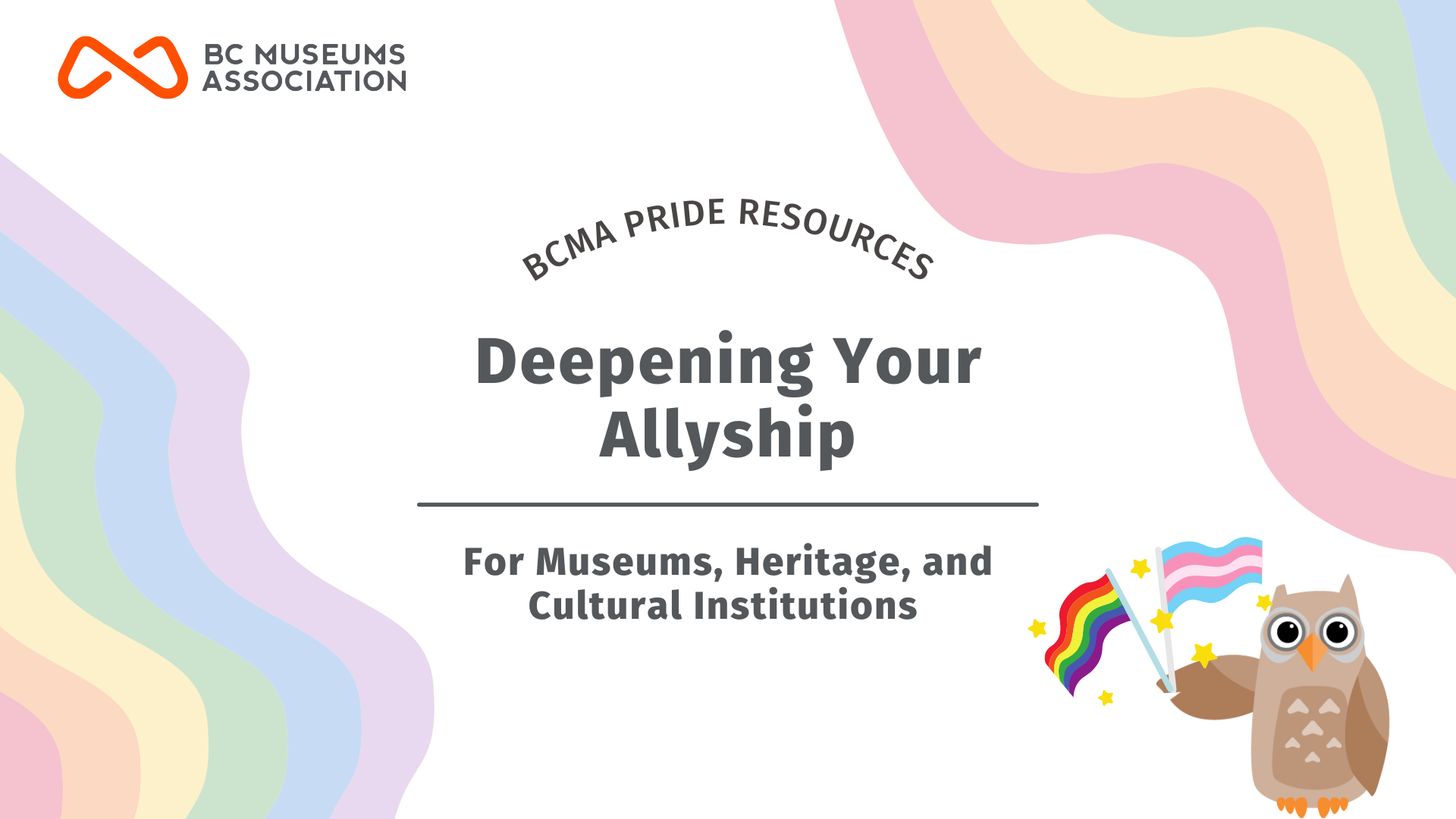
Deepening Your Allyship: Gender & Sexuality Online Course
This course is an expansion of the existing Gender & Sexuality Inclusion Toolkit, which aims to support museums, galleries, and heritage sites in their journeys to increase 2SLGBTQIA+ inclusivity and representation in an empowering manner.
Gender and Sexuality Inclusion Toolkit for Museums, Heritage and Cultural Institutions
Museums and cultural institutions tell the stories and preserve the histories of an area, aiming to be representative of the local region and foster a strong sense of community. How does gender and sexual orientation inclusion align with these goals?
Inclusion Toolkit
While Canada is home to approximately one million 2SLGBTQIA+ community members, there has been only a slight increase of diverse narratives represented in museum and cultural sectors. Check out this toolkit to learn how museums, galleries, and other cultural heritage organizations can become more inclusive for their 2SLGBTQIA+ community.
BCMA Webinar: Old Town, New Queens and Queer Histories, Queer Stories: Hosting Museum Drag Shows
Derek A. Jang (Britannia Mine Museum) and Charlie Cook (MONOVA) will share share tips, tricks and troubleshooting advice for creating a museum pride event that meets the needs of community stakeholders and your site’s interpretive story.
2SLGBTQIA+ Success in the Sector
Learn how Britannia Mine Museum and MONOVA: The Museum and Archives of North Vancouver engaged with BC drag artists and community partners to host their museum’s first-ever pride events.
Queer(y)ing Museums Podcast
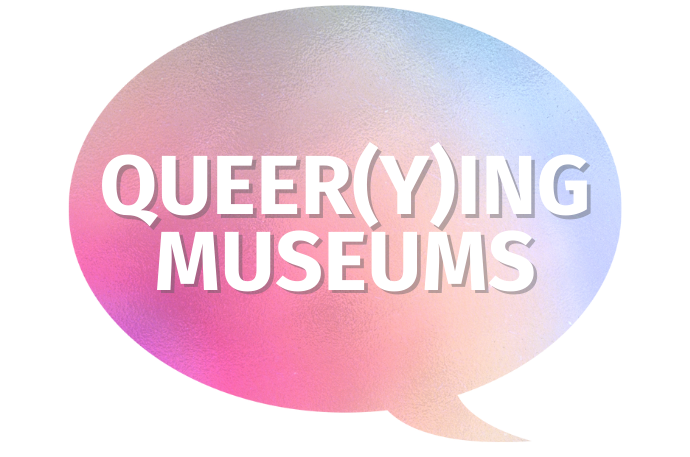
Queer(y)ing Museums: Maritime Museum of BC
In this first episode, BCMA’s Desirée Hall and Tanya Pacholok sit down (virtually) with MMBC board member Jelena Putnik and executive director Brittany Vis to discuss the Maritime Museum of BC’s upcoming exhibit, “Queer at Sea: Tales from the 2SLGBTQ+ Community”.

Queer(y)ing Museums: Amelia Smith
In this episode, Amelia shares with us about her approaches to exhibition design and community engagement; how cisgender privilege shows up in museum spaces and in how we talk about trans histories; thinking about audience engagement and who we are designing exhibits for, and more.

Queer(y)ing Museums BC Jewish Queer & Trans Oral History Project
For the third episode of Queer(y)ing Museums, we were thrilled to have Carmel Tanaka, founder and Executive Director of JQT Vancouver, and Alysa Rutenberg, Archivist at the Jewish Museum & Archives of BC, join us to chat about the BC Jewish Queer and Trans Oral History Project.

Queer(y)ing Museums Episode 4: Special Episode on Ukraine with Andrew Kushnir
Throughout this conversation, we weave through a variety of topics including, what is the “war within a war” happening in Ukraine right now for LGBTQIA+ community and how is the LGBTQIA+ movement intertwined in Ukraine’s fight for sovereignty? Further, how can the museum, cultural and heritage sector support Ukraine and the LGBTQIA+ community at this critical time?

Queer(y)ing Museums episode 5: Angelic Goldsky & The Transgender Expressions Haven
In this week's episode of Queer(y)ing Museums, we chat with Angelic Goldsky. Angelic (they/t[he]m) is a Russian-Jewish queer trans community arts builder and poet. They are the co-founder and creative director of the Transgender Expressions Haven, a virtual center for arts expression and transgender creative genius celebration.
External Resources
2SLGBTQIA+ Resource Collection
A collection of resources to help your organization be a welcoming space for LGBTQ2+ visitors
Who We Are
The 2SLGBTQIA+ Network will follow a similar model to the IBPOC Cultural Professionals Network with a BCMA Coordinator and a paid Advisory Group who will shape the goals, vision, and programming of the Network. Expressions of interest are being accepted throughout July 2023!
Desirée Hall (she/her), BCMA’s Program Coordinator will be acting as the 2SLGBTQIA+ Network Coordinator and support the Advisory Group. Desirée is a white, queer femme living with chronic illness on the traditional territory of the lək̓ʷəŋən speaking peoples, the Songhees, Esquimalt and W̱SÁNEĆ communities, so-called Victoria, BC. Desirée is one of the developers of the BCMA’s Gender & Sexuality Inclusion Toolkit, host of our Queering Museums podcast, and the coordinator of the BCMA’s online course on deepening your allyship for museums, heritage, and cultural institutions.
The Network’s administration will be supported by Lorenda Calvert (she/they), BCMA’s Program Manager. Lorenda is a queer, white settler on the traditional territory of the lək̓ʷəŋən speaking peoples, the Songhees, Esquimalt and W̱SÁNEĆ communities, so-called Victoria, BC.
BCMA staff will engage in ongoing dialogue with 2SLGBTQIA+ Advisory Group members about how to best serve the 2SLGBTQIA+ museum, heritage, and arts community. Please do not hesitate to reach out via email to: Desirée Hall, Program Coordinator, BCMA
This network is supported in part by the RBC Foundation in support of RBC Future Launch.
The network is also supported by the Hamber Foundation.
